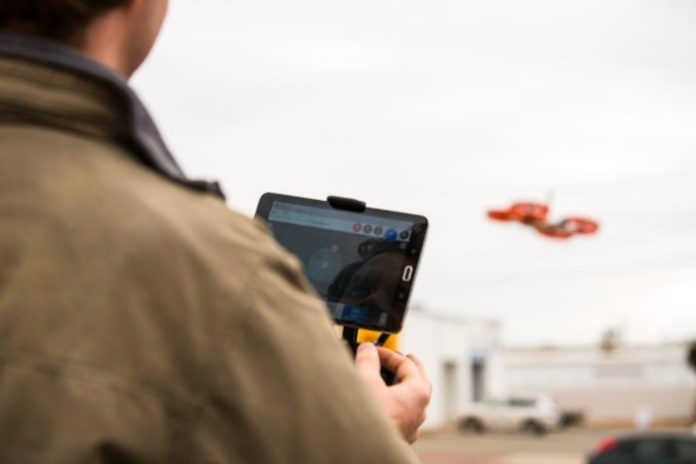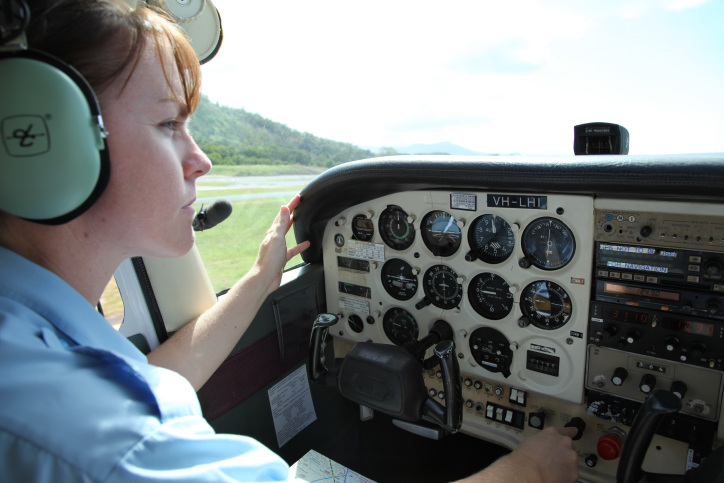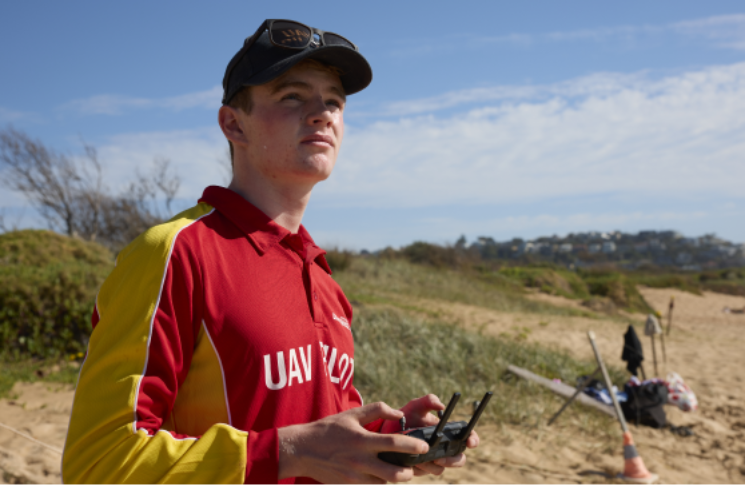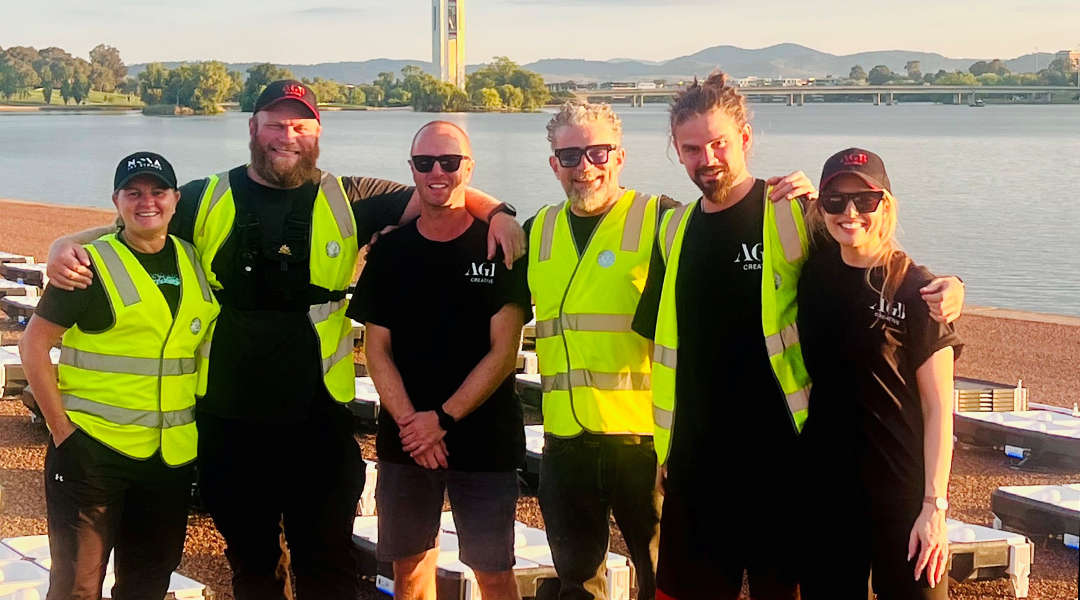More and more industries are now using drones to improve their business.
From farming and mining to wedding photographers and search and rescue, they are all using drones to improve their day-to-day business – saving time, money, and lives.
If you’re looking to hire a drone professional for commercial purposes, there are rules and regulations you need to be aware of. They are important to follow to keep you and others safe, both on the ground and in the air.
Here are 5 tips on what to look for when hiring a drone professional:
- Is the drone registered?
Anyone who flies a drone for business or as part of their job must register their drone with CASA.
This applies to all drones that are flown to provide any type of service – no matter how much it weighs.
Ask to see their certificate of registration before they fly.
- Does your operator hold an RPA operator accreditation certificate?
For simple projects that can be completed within the drone safety rules (standard operating conditions) using a drone that weighs 2 kg or less, they don’t need a to have a remote pilot licence (RePL).
However, the operator must hold a remotely piloted aircraft (RPA) operator accreditation certificate.
Check you can complete your project within the standard operating conditions, their drone weighs 2 kg or less and ask to see the RPA operator accreditation certificate.
- Do they hold a RePL and does their business have a ReOC?
Operators who hold a RePL have undergone specialist flight training for complex operations and to use larger drones. They are qualified to conduct special operations, for example, flying within 30 metres of people.
A remotely piloted aircraft operator’s certificate (ReOC) allows individuals or businesses to employ qualified remote pilots to operate a drone. A ReOC doesn’t permit the holder to fly a drone; a ReOC holder must also hold a RePL or employ a qualified remote pilot.
You can ask to see either a paper copy or digital RePL to make sure the operator is qualified for your specific project.
- Consider the location – do you need CASA approval?
Have a think about where your drone operation is taking place.
Depending on the type of drone service you require, some operations may require a ReOC and a RePL. For example, flying within 5.5 km of a controlled airport (an airport with an operating control tower) will also require approval from CASA – unless the drone weighs 250 g or less.
Ask the operator to check if the area is safe to fly in and if they need approvals from CASA before going ahead.
- Their insurance is your assurance
Even with the best intentions, skills and qualifications, accidents can still happen. Drones can crash, fail, fall and break. Check their public liability insurance applies to the specific service you have requested.
Remember to check the operator is appropriately licensed, certified, accredited and registered. Failing to do this may void your insurance because the operator has been conducting illegal operations.
For more information about drone operations, visit casa.gov.au/drones.





